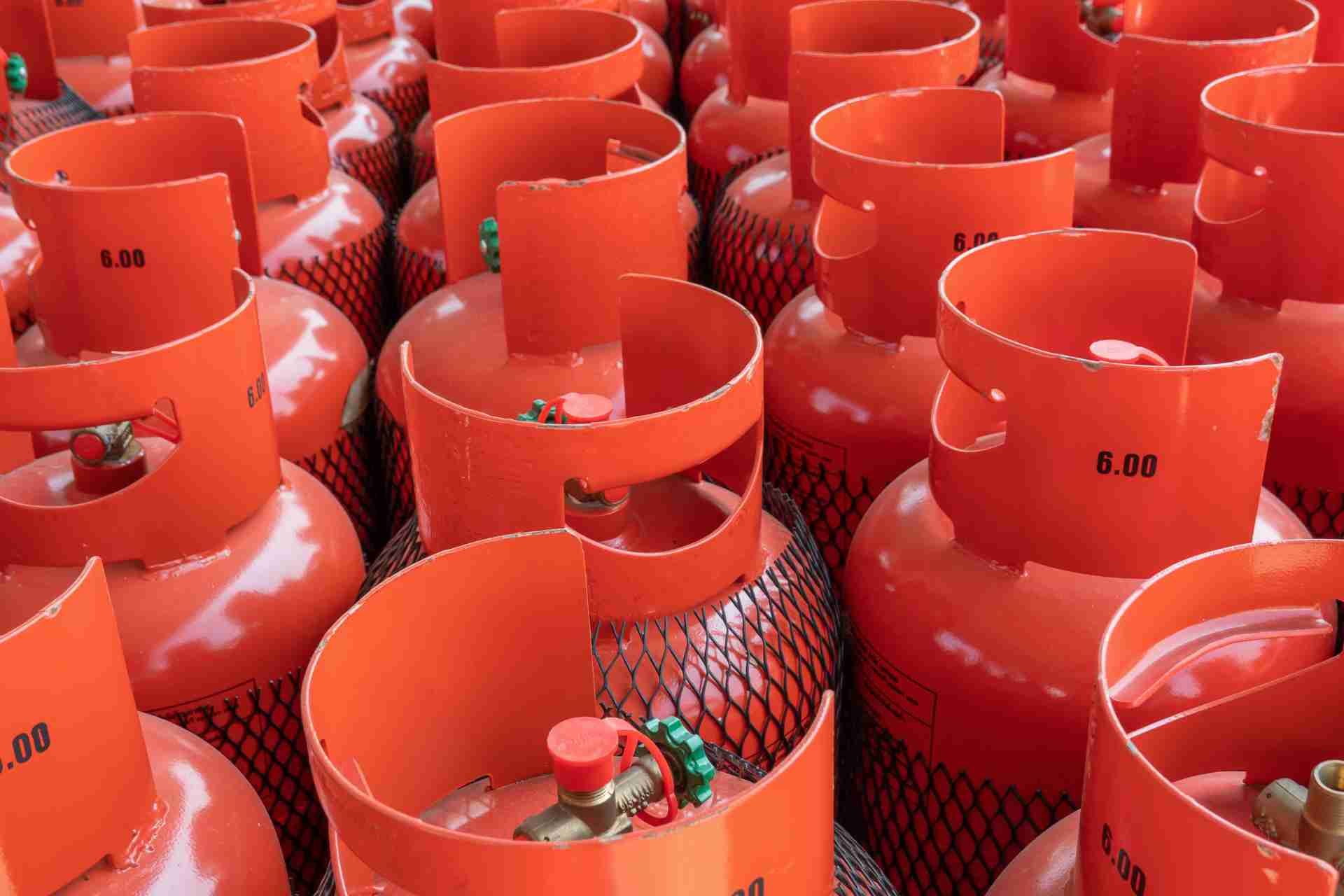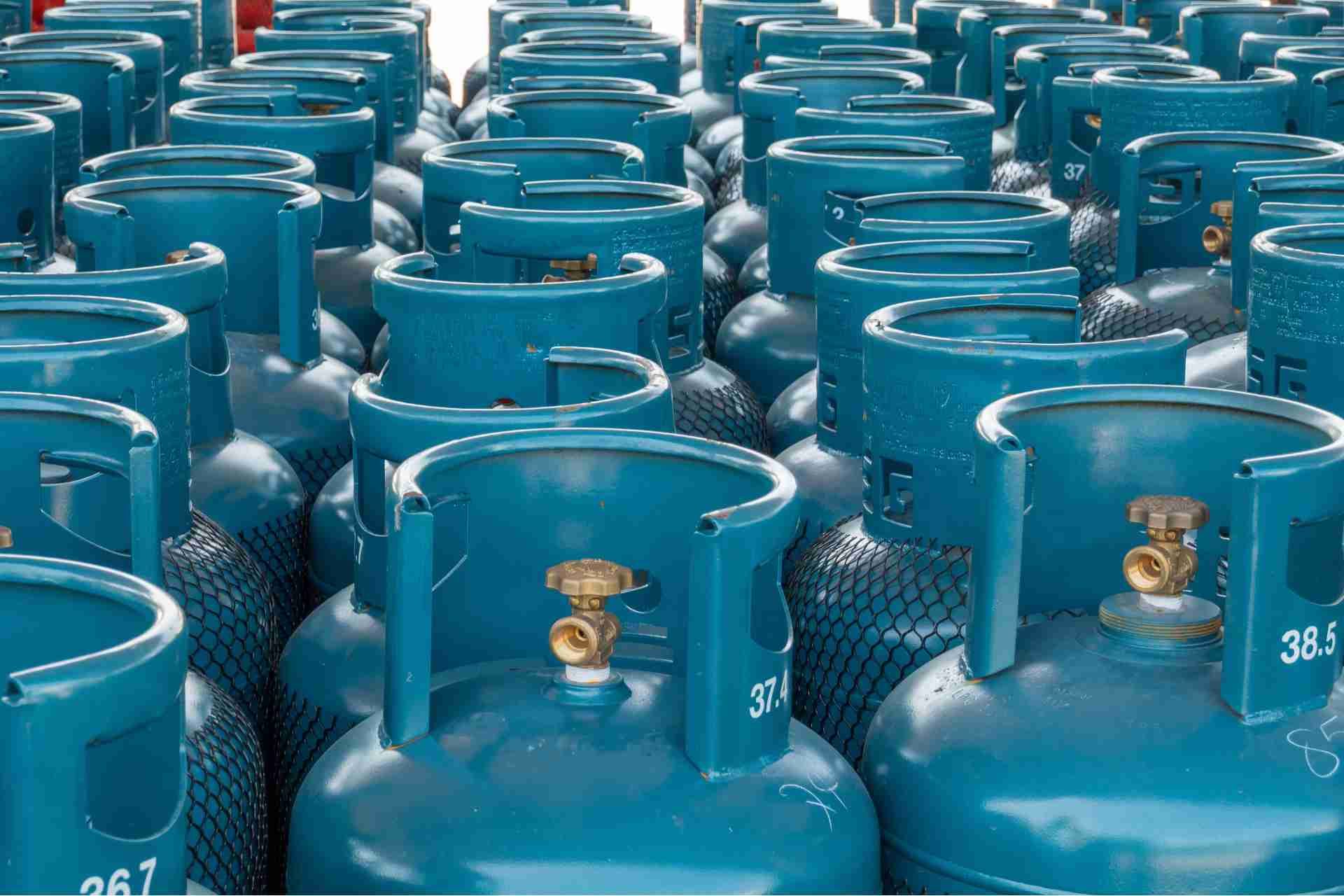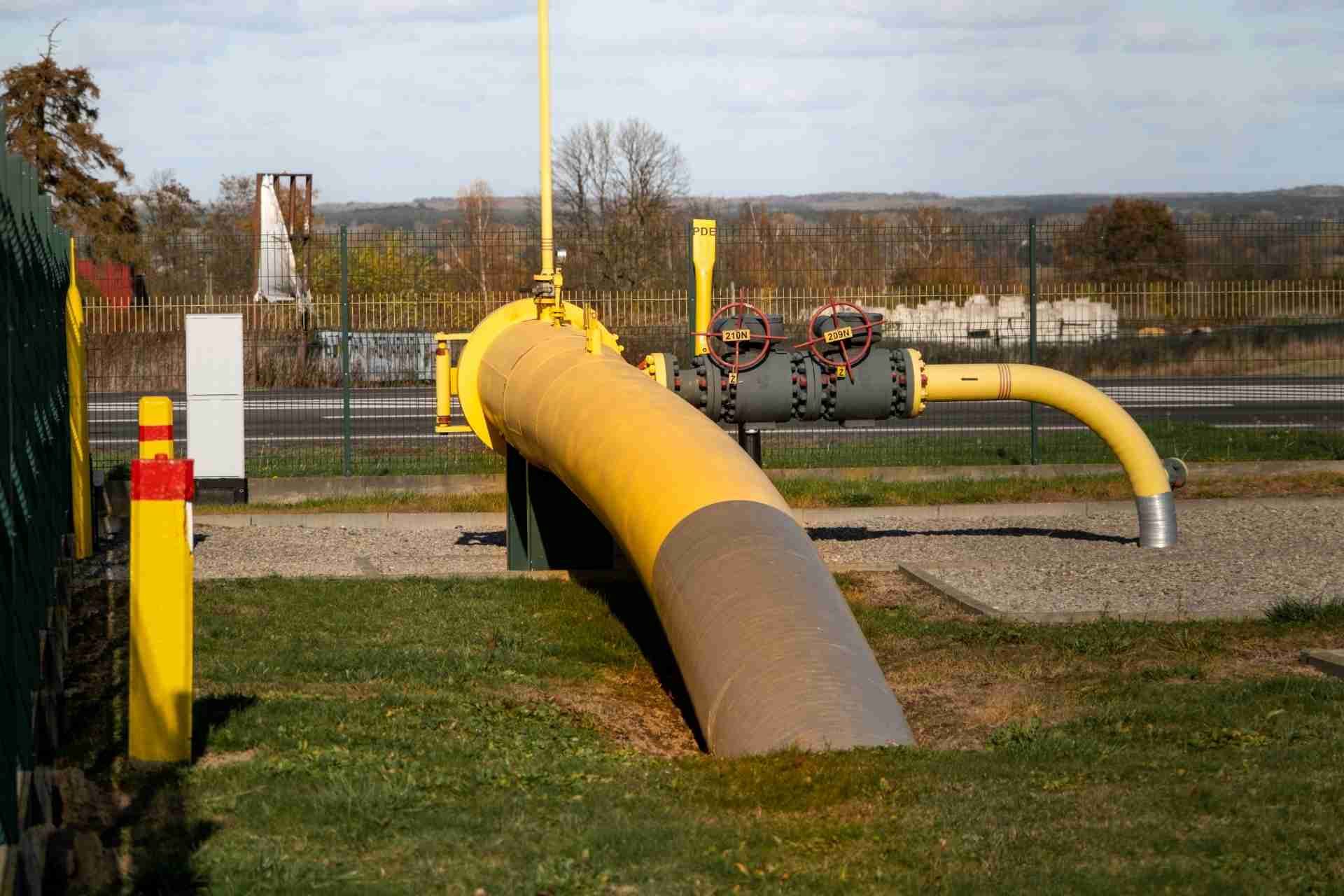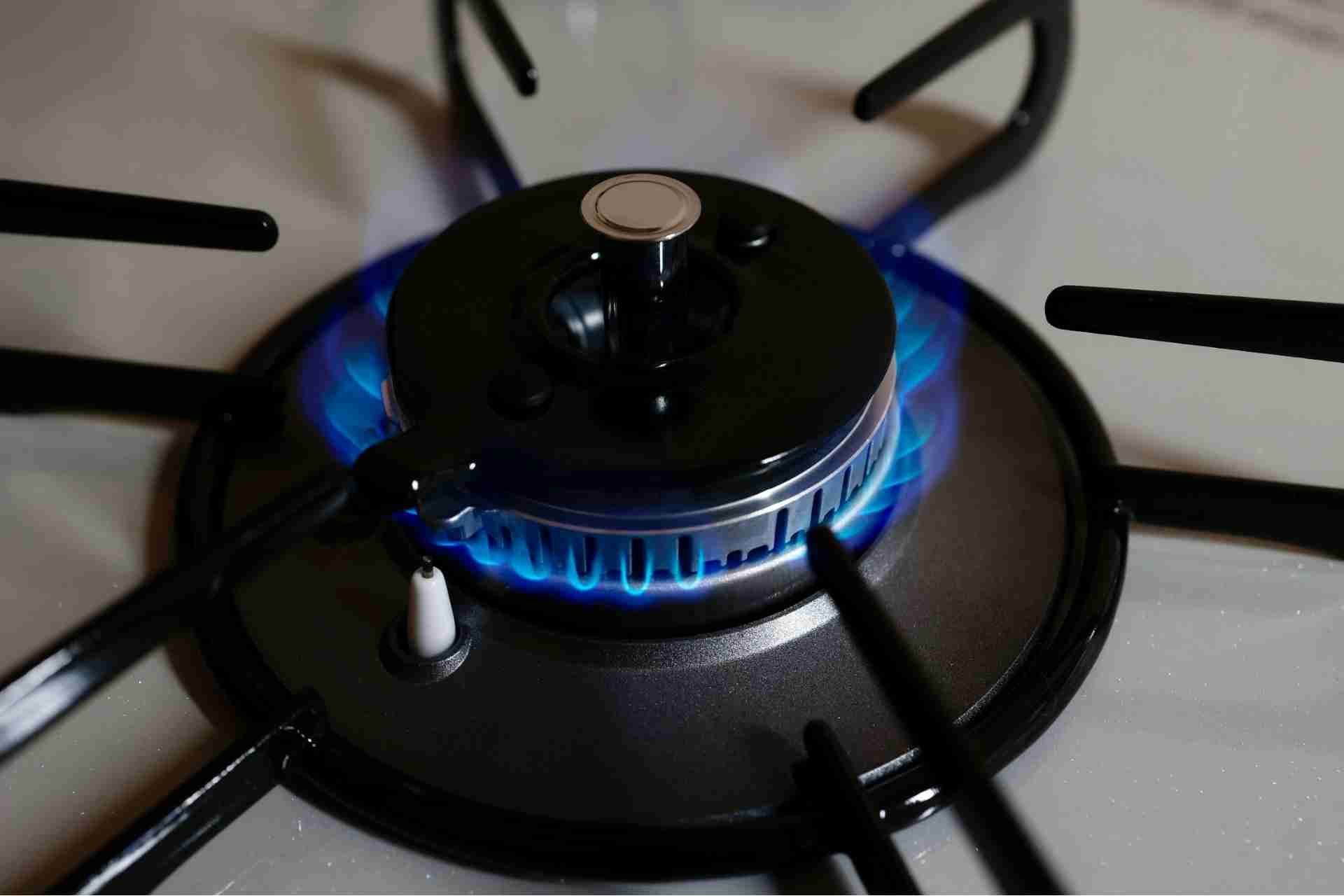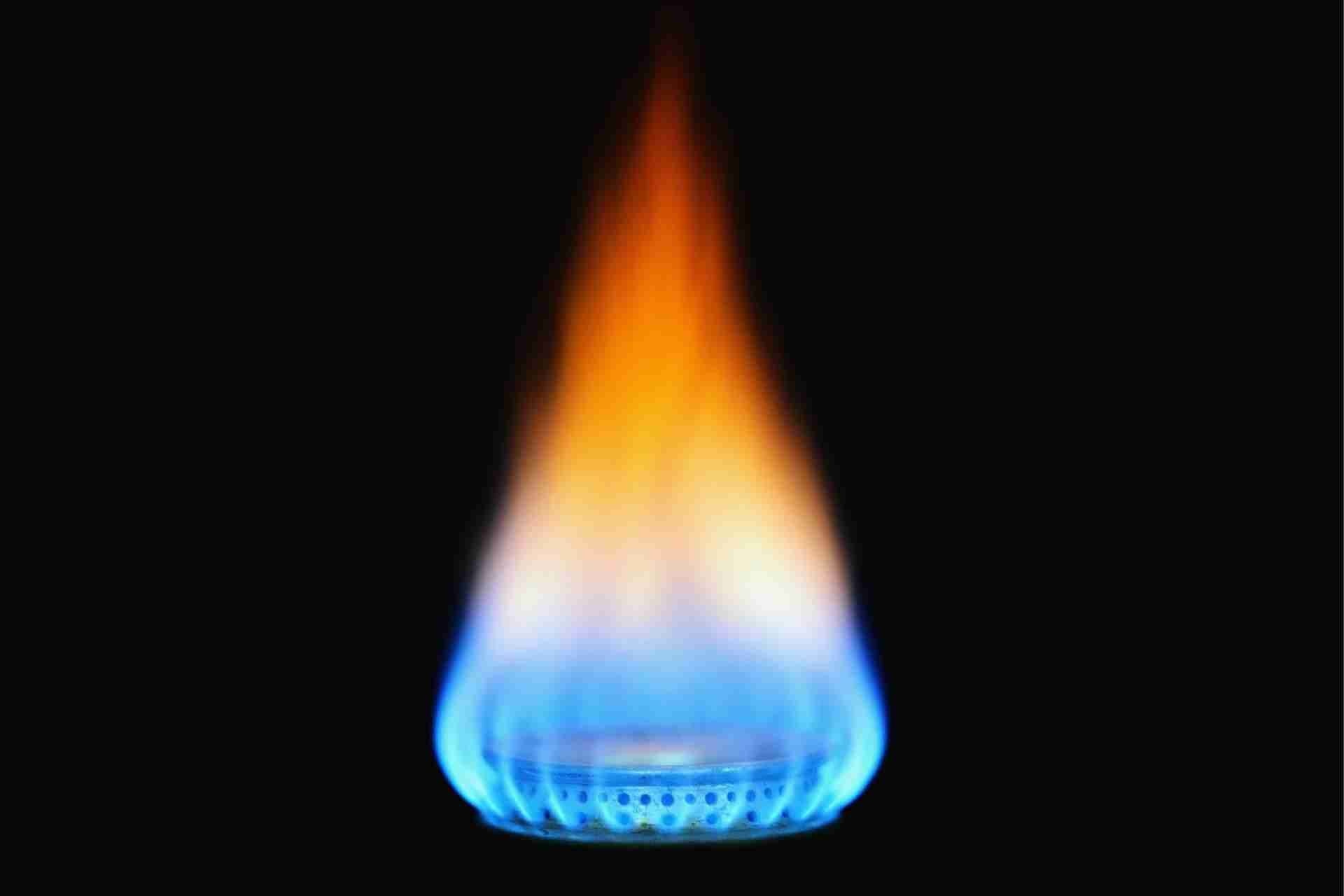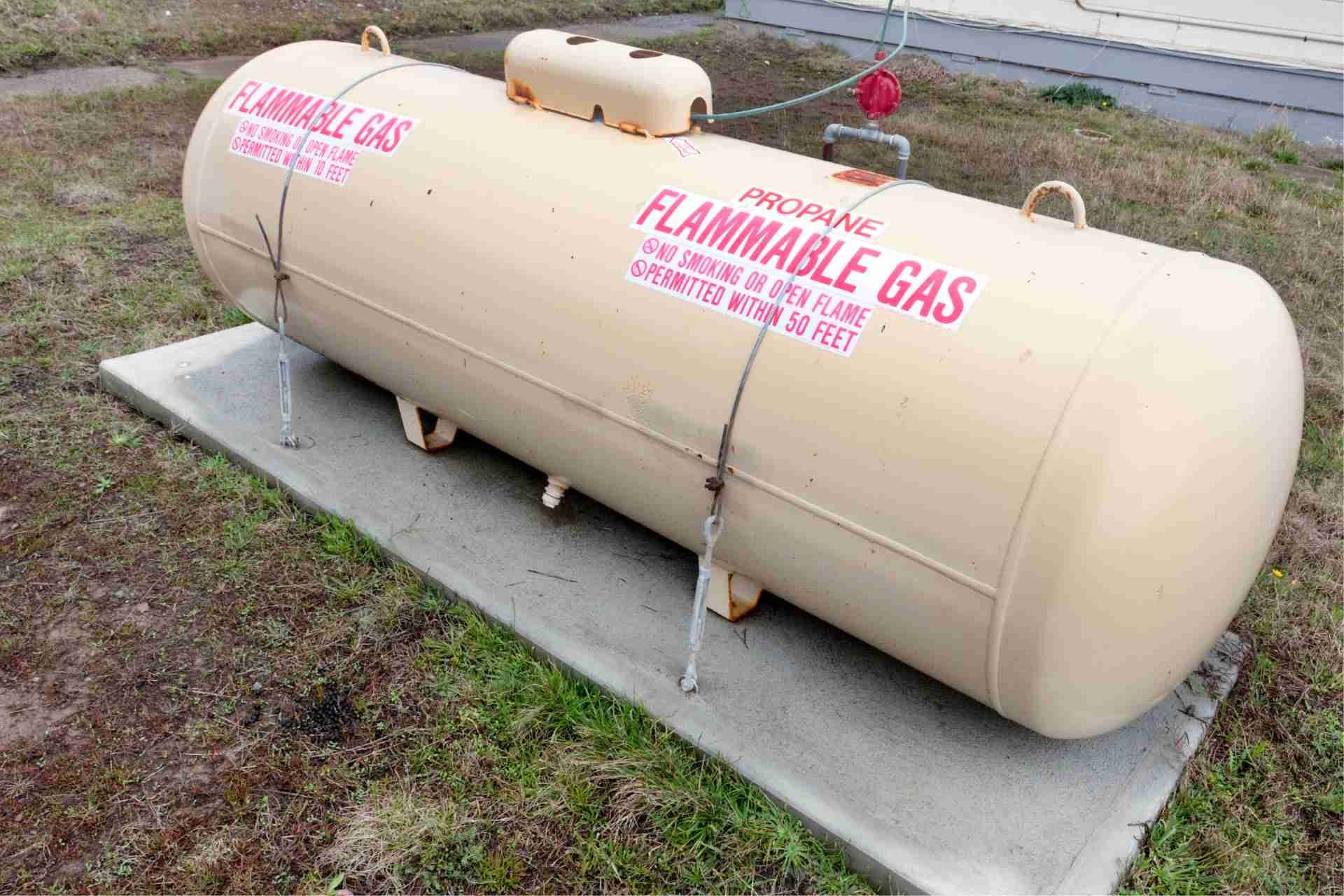Is it Bad to Run a Propane Tank Empty?
Running a propane tank empty might seem harmless, but it can lead to serious issues you may not expect. When the tank runs low, it can disrupt your gas supply and even damage your appliances. Plus, there are safety hazards you need to consider. So, what exactly happens when you let your propane tank go empty, and how can you prevent these problems? Let's explore the potential risks and solutions.
Understanding Propane Tanks and Their Functionality
When you understand how propane tanks work, you'll see why running one empty can cause issues.
Propane tanks store fuel in a liquid state under pressure. When you turn on your grill or heater, the liquid converts to gas and flows through the regulator to your appliance.
Your tank has a gauge that indicates how much fuel's left, and it's crucial to keep an eye on it. If you let the tank empty, you risk drawing in air, which can cause blockages in your system.
In addition, running low on propane might lead to inconsistent performance, affecting your cooking or heating. Maintaining an adequate level of propane ensures optimal functionality and a smoother experience with your appliances.
The Risks of Running a Propane Tank Empty
Running a propane tank empty can lead to several risks that may compromise your appliances and safety.
First, you might experience unexpected interruptions in gas supply, which can disrupt cooking or heating. Additionally, running the tank low can cause the pressure to drop, leading to potential hazards like gas leaks.
When the tank's nearly empty, impurities or moisture can enter your system, causing clogs and other issues. You'll also face the danger of running out of fuel during critical times, leaving you without heat or hot water.
Lastly, it can be more challenging to gauge how much propane you have left, increasing the risk of complete depletion. Keeping your tank adequately filled helps you avoid these dangers and ensures smooth operation.
Damage to Appliances and Equipment
If you let your propane tank run empty, you risk damaging your appliances and equipment.
Most propane-powered devices, like heaters and stoves, rely on a steady fuel supply to function correctly. When the fuel runs out, it can cause uneven heating, leading to potential malfunctions. For example, your furnace might overheat, damaging internal components, or a gas grill may ignite improperly, causing flare-ups.
Additionally, the sudden loss of fuel can create moisture buildup in the system, leading to rust and corrosion. You could face costly repairs or even replacement of your appliances if you push your tank to empty.
To protect your investment, keep an eye on your propane levels and refill before they get too low.
Safety Hazards Associated With Empty Tanks
While it might seem harmless to let your propane tank run low, doing so can pose significant safety hazards.
When the tank is nearly empty, you risk inhaling propane vapors, which can lead to dizziness or headaches. Additionally, an empty tank can cause your appliances to malfunction, leading to gas leaks. If you're not careful, these leaks can create a fire hazard, especially if there's a spark nearby.
Moreover, low pressure might prevent safety features from working properly, increasing the risk of accidents. Always monitor your propane levels to avoid these dangers.
Keeping your tank adequately filled isn't just about convenience; it's also about ensuring your safety and the safety of those around you.
Recognizing the Signs of an Empty Propane Tank
Recognizing when your propane tank is running low can prevent the safety hazards associated with empty tanks. One clear sign is a drop in heat output; if your grill or heater isn't performing as well, it's time to check the tank.
You might also notice a sputtering flame, which indicates insufficient fuel. Additionally, if you hear a whining or hissing noise from the tank, that could mean the propane is running out.
A visual inspection can help too; if the gauge on your tank shows it's nearing empty, don't wait.
Finally, if you're consistently refilling more often than usual, it's a signal that your tank may be running low. Stay proactive to avoid running your propane tank completely empty.
Steps to Take If Your Propane Tank Runs Dry
Running out of propane can be a frustrating experience, but knowing what to do next can help you get back on track quickly.
First, check your appliances to ensure they're completely off to avoid any hazards. Next, if your tank is empty, don't try to reignite any appliances. Instead, contact your propane supplier to schedule a refill.
If you're comfortable, you can also look for a local exchange service to swap your empty tank for a full one. Once you've arranged for a refill, wait for the technician to safely reconnect your tank.
After it's refilled, let the technician check for leaks before you start using your appliances again. Always prioritize safety during this process.
Preventative Measures to Avoid Running Out of Propane
To prevent the hassle of running out of propane, staying proactive with your tank management is key.
First, keep an eye on your gauge; checking it regularly helps you gauge your usage and plan refills accordingly. It's also smart to establish a refill schedule based on your consumption patterns, ensuring you never dip too low.
Consider investing in a propane tank monitor, which alerts you when levels are low. Additionally, always keep a spare tank on hand, especially during peak usage seasons.
Communicate with your propane provider to set up automatic deliveries if possible.
The Importance of Regular Maintenance
Regular maintenance is essential for keeping your propane tank and its associated equipment in optimal condition. By routinely checking your tank, you can identify potential issues before they escalate.
Inspect for leaks, corrosion, and any damage to the fittings and hoses. Keeping everything clean and free of debris ensures that your system runs efficiently and safely.
Don't overlook the importance of periodic professional inspections. A qualified technician can spot problems that might be hard to see on your own.
Regular maintenance not only extends the life of your propane tank but also enhances safety for you and those around you. By staying proactive, you'll prevent costly repairs and ensure a reliable propane supply when you need it most.
Understanding Propane Tank Refills and Exchanges
How do you know when it's time to refill or exchange your propane tank? Keep an eye on your tank's gauge; if it reads below 20%, it's time to take action.
You might also notice signs like decreased heat output from your appliances or an unusual smell.
If you're running low, you can either refill your tank at a service station or exchange it at a retailer. Refilling typically costs less than exchanging, but exchanging is often more convenient.
When you exchange, you'll get a pre-filled tank, saving you the hassle of waiting.
Always check for leaks before using a tank, and ensure it's properly connected.
Staying on top of refills and exchanges keeps your propane system running smoothly.
When to Seek Professional Help for Your Propane System
Keeping your propane system in good working order is important, but there are times when you might need to call in a professional. If you notice any leaks, strange odors, or hissing sounds around your propane appliances, it's essential to get help immediately.
Additionally, if your system isn't functioning efficiently—like inconsistent heating or frequent pilot light outages—it's time to consult an expert. You shouldn't attempt to fix complex issues, such as gas line repairs or appliance installations, on your own.
If you've recently run your tank empty, have a professional inspect your system to ensure it's safe and functioning properly. Don't hesitate to reach out; your safety matters most when dealing with propane.
Conclusion
Running a propane tank empty isn't just a minor inconvenience; it can lead to serious issues like appliance damage and safety hazards. By recognizing the signs of low propane levels and taking preventative measures, you can avoid these problems. Regular maintenance and timely refills are essential to keep your system running smoothly and safely. Don't take chances—stay proactive, and you'll ensure a reliable propane supply for your home.
